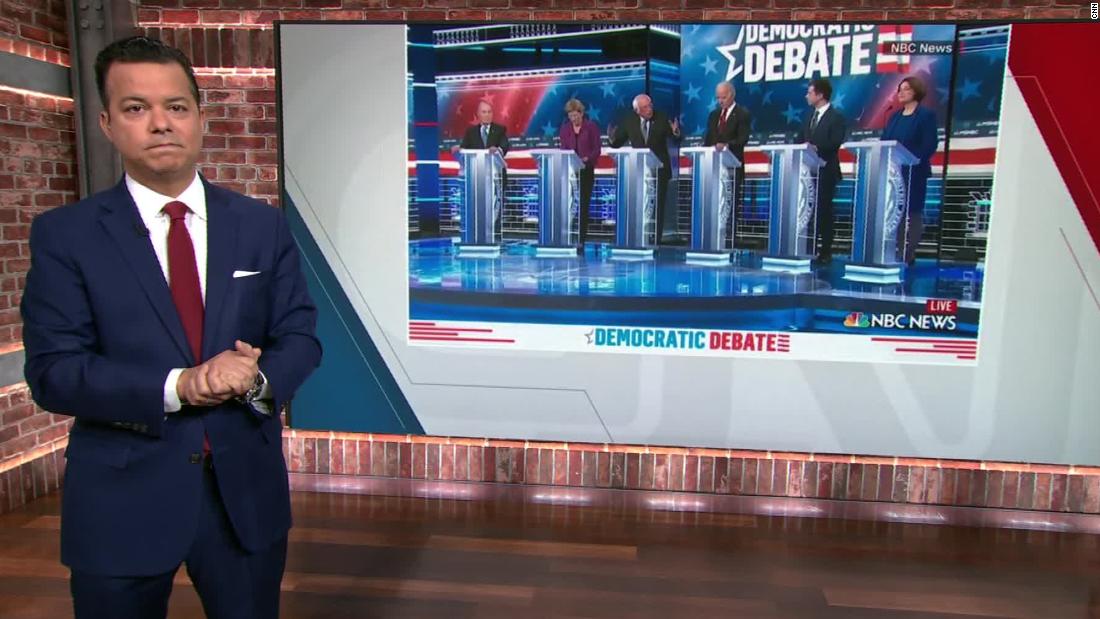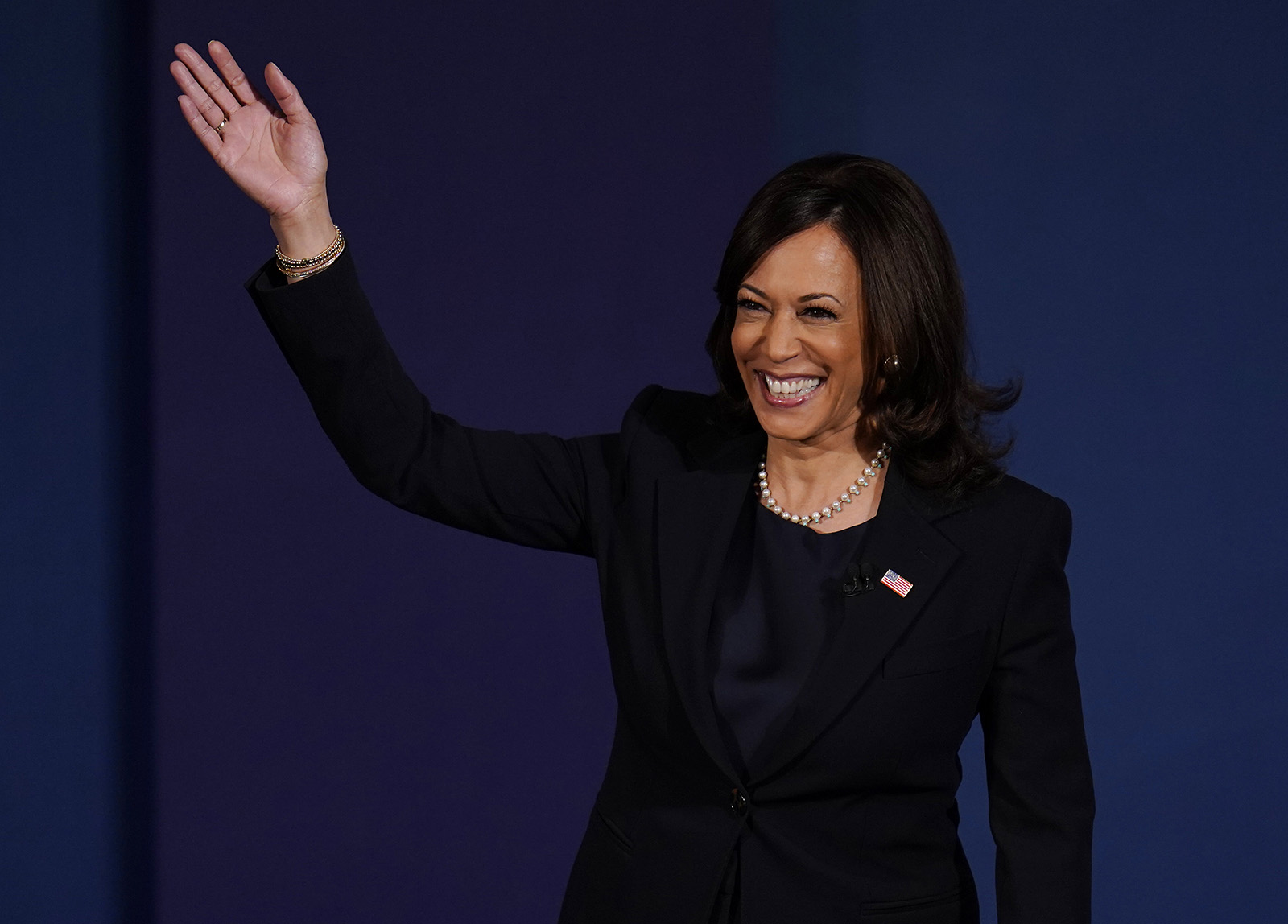Debate Fact-Checking Methods

Debate fact check – Ensuring the accuracy and validity of claims made during debates is crucial for informed decision-making. Debate fact-checking employs a range of techniques to verify and scrutinize these claims, enhancing the credibility and transparency of the debates.
Source Verification, Debate fact check
Source verification involves examining the credibility and reliability of sources cited in support of claims. This includes checking the author’s expertise, the publication’s reputation, and the date and context of the information presented.
With the increasing spread of misinformation, debate fact-checking has become crucial. One example of a topic that requires careful fact-checking is the career of Jack Flaherty. Flaherty’s impressive statistics as a pitcher have been debated, with some questioning the accuracy of his reported numbers.
By relying on credible sources and scrutinizing data, debate fact-checkers can help ensure that discussions about Flaherty’s performance are based on accurate information.
For example, in the 2016 US presidential debates, Hillary Clinton cited a report from the nonpartisan Center for American Progress to support her claim that climate change was a major threat to the economy. Fact-checkers verified the source, confirming its reputation as a credible research organization.
To effectively evaluate claims made in debates, it is crucial to conduct thorough fact-checking. One such instance can be found in the analysis of Arike Ogunbowale’s stats , which provide valuable insights into her performance and impact on the game.
By examining these statistics, we can gain a deeper understanding of her contributions and assess the validity of statements made about her abilities. This process of fact-checking empowers us to make informed judgments and engage in meaningful discussions based on accurate information.
Fact-Checking Websites
Fact-checking websites, such as PolitiFact and FactCheck.org, employ a rigorous process to verify claims made by politicians and other public figures. These websites use a team of researchers to examine sources, consult experts, and provide ratings on the accuracy of statements.
For instance, during the 2020 Democratic primary debates, Bernie Sanders made a claim that the United States had the highest rate of childhood poverty among developed countries. Fact-checking websites rated this claim as “False,” citing data from UNICEF and the World Bank that showed other countries had higher poverty rates.
Expert Analysis
Expert analysis involves consulting with subject matter experts to assess the validity of claims. These experts can provide insights, context, and technical knowledge to evaluate the accuracy and relevance of information presented in debates.
In the 2019 UK general election debates, Boris Johnson claimed that the Conservative Party’s Brexit plan would boost the economy. Fact-checkers consulted with economists who analyzed the plan and concluded that its economic impact was uncertain.
Common Fallacies and Biases in Debate Fact-Checking: Debate Fact Check

Effective debate fact-checking requires a critical understanding of common logical fallacies and cognitive biases that can hinder accurate analysis. Recognizing and avoiding these pitfalls is crucial for ensuring the integrity and reliability of the fact-checking process.
Fallacies in Debate Fact-Checking
Logical fallacies are errors in reasoning that can lead to incorrect conclusions. Some common fallacies encountered in debate fact-checking include:
- Ad Hominem: Attacking the person making the claim rather than addressing the claim itself.
- Straw Man: Misrepresenting the opponent’s argument to make it easier to attack.
- False Dichotomy: Presenting only two options when there are more.
- Circular Reasoning: Using the claim itself as evidence to support the claim.
Biases in Debate Fact-Checking
Cognitive biases are mental shortcuts that can influence our judgment and lead to biased conclusions. Some common biases in debate fact-checking include:
- Confirmation Bias: Seeking information that confirms existing beliefs and ignoring contradictory evidence.
- Framing Effect: Being influenced by the way information is presented, even if the content is the same.
- In-Group Bias: Favoring information and perspectives from one’s own group.
- Availability Heuristic: Relying on easily recalled information, which may not be representative of the entire data set.
Ethical Considerations in Debate Fact-Checking

In the realm of public discourse, debate fact-checking assumes a position of utmost significance, bearing the responsibility of ensuring the veracity and impartiality of information presented in debates. The ethical considerations inherent in this practice are multifaceted and demand careful examination.
The primary ethical obligation of fact-checkers lies in maintaining objectivity and steering clear of bias. This entails a rigorous commitment to presenting facts accurately, without distortion or embellishment, and refraining from allowing personal beliefs or political leanings to influence their assessments.
Consequences of Inaccurate or Biased Fact-Checking
The potential consequences of inaccurate or biased fact-checking are far-reaching and detrimental. Misinformation and distortion can erode public trust in institutions, undermine the credibility of political discourse, and lead to uninformed decision-making.
- Diminished Public Trust: When fact-checking is perceived as biased or inaccurate, it can erode public confidence in the integrity of the process and the institutions involved.
- Polarization of Opinions: Biased fact-checking can reinforce existing biases and further polarize opinions, making it difficult to reach consensus or find common ground.
- Undermining of Democratic Principles: Accurate and impartial fact-checking is essential for informed decision-making and the proper functioning of democratic societies.
Guidelines for Ethical Fact-Checking Practices
To ensure ethical conduct in debate fact-checking, a set of guidelines should be adhered to:
- Transparency and Disclosure: Fact-checkers should be transparent about their sources, methods, and any potential conflicts of interest.
- Rigorous Methodology: Fact-checking should be conducted using rigorous and well-established methodologies, ensuring accuracy and consistency.
- Independence and Impartiality: Fact-checkers should maintain independence from political or partisan interests and strive for impartiality in their assessments.
- Accountability and Correction: Fact-checkers should be accountable for their work and be willing to correct errors or retract incorrect statements.
By adhering to these ethical guidelines, debate fact-checkers can contribute to a more informed and trustworthy public discourse, fostering constructive dialogue and empowering citizens to make informed decisions.